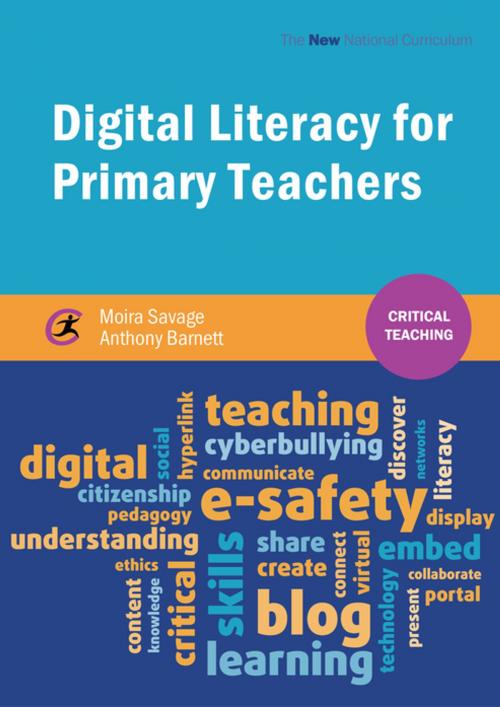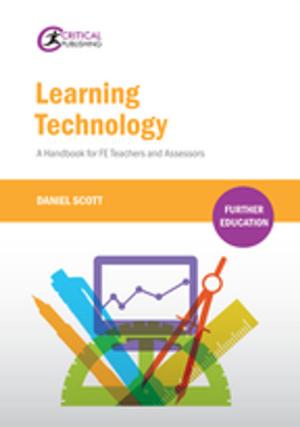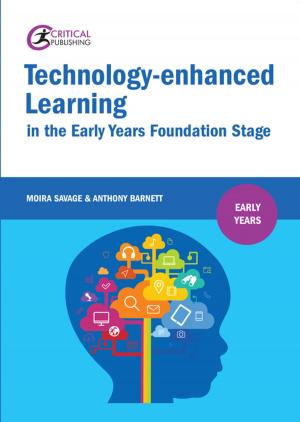Digital Literacy for Primary Teachers
Nonfiction, Reference & Language, Education & Teaching, Teaching, Teaching Methods| Author: | Moira Savage | ISBN: | 9781909682634 |
| Publisher: | Critical Publishing | Publication: | February 9, 2015 |
| Imprint: | Critical Publishing | Language: | English |
| Author: | Moira Savage |
| ISBN: | 9781909682634 |
| Publisher: | Critical Publishing |
| Publication: | February 9, 2015 |
| Imprint: | Critical Publishing |
| Language: | English |
The educational landscape for primary teachers and learners is increasingly digital and technology rich, making it a challenge for professionals to decide which digital technologies to use, how and when, to bring about the maximum benefit for learning and teaching. This book navigates this complex and evolving arena, providing a structure for teachers to reflect on their own digital literacy, helping them make informed decisions, providing practical ideas on how to develop children’s digital literacy capabilities and offering a range of professional development activities.
The text makes clear links to the new primary curriculum, including the computing programmes of study. It is pedagogy led and illustrated with a range of subject examples. Chapters examine the implications of digital literacy for teaching and learning, creating content, collaboration and communication, digital citizenship, e-safety and digital safeguarding. Critical questions and reflections throughout stimulate readers to engage fully with the text and their professional development.
The educational landscape for primary teachers and learners is increasingly digital and technology rich, making it a challenge for professionals to decide which digital technologies to use, how and when, to bring about the maximum benefit for learning and teaching. This book navigates this complex and evolving arena, providing a structure for teachers to reflect on their own digital literacy, helping them make informed decisions, providing practical ideas on how to develop children’s digital literacy capabilities and offering a range of professional development activities.
The text makes clear links to the new primary curriculum, including the computing programmes of study. It is pedagogy led and illustrated with a range of subject examples. Chapters examine the implications of digital literacy for teaching and learning, creating content, collaboration and communication, digital citizenship, e-safety and digital safeguarding. Critical questions and reflections throughout stimulate readers to engage fully with the text and their professional development.















